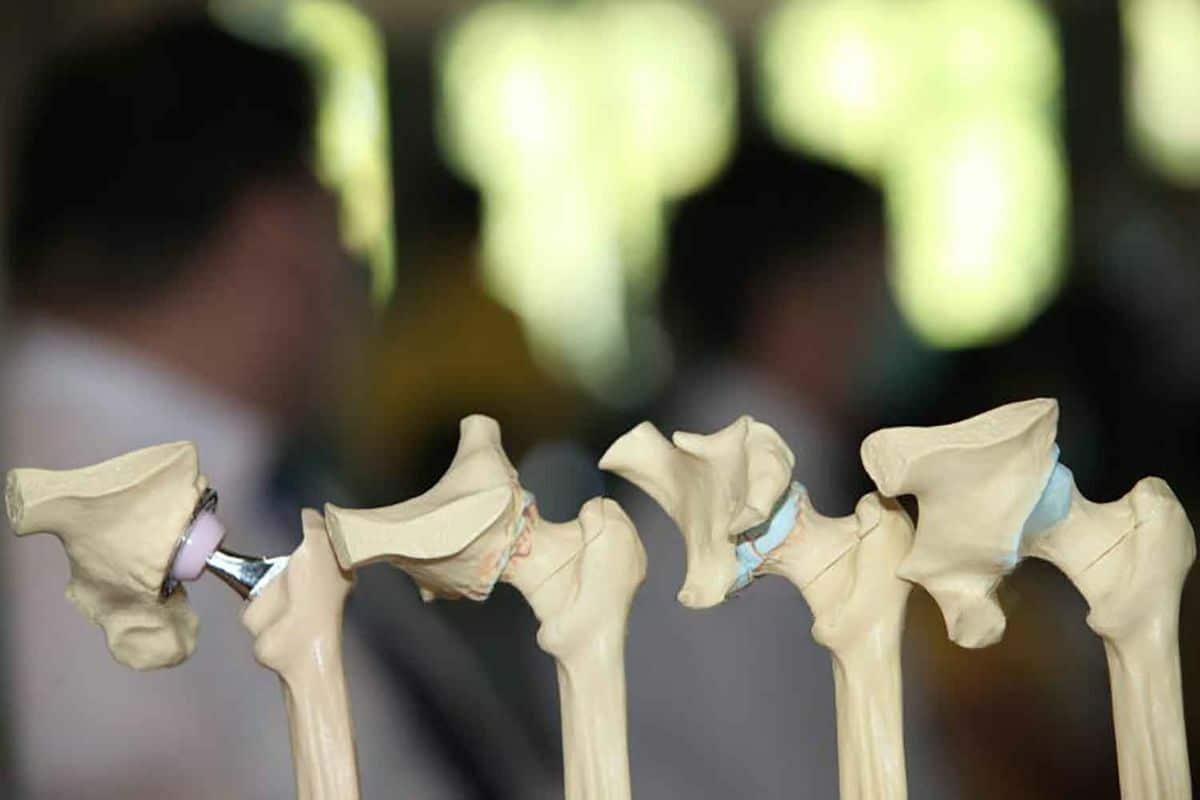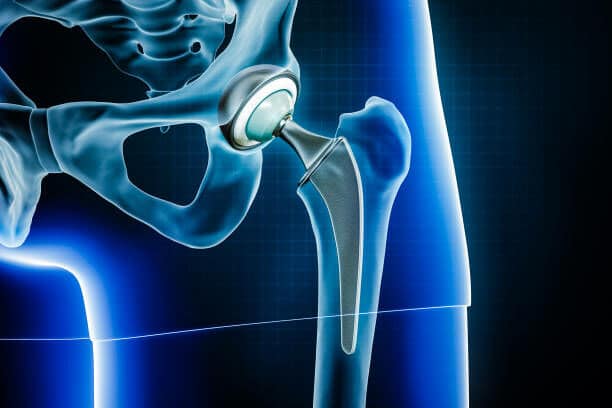Thailand pioneers 3D-printed titanium hip socket surgery

Siriraj Hospital at Mahidol University has achieved a world-first by developing and implanting a 3D-printed, customised titanium hip socket for a patient. This advancement marks a significant step forward in orthopaedic surgery and highlights Thailand’s medical innovation.
Apichat Asavamongkolkul, dean of the Faculty of Medicine at Siriraj Hospital, shared insights into this pioneering procedure during a press conference titled World First: Siriraj Achieves Breakthrough in Point-of-Care Manufacturing of 3D-Printed Titanium Hip Sockets with Proven Clinical Success.
He explained that hip osteoarthritis is a debilitating condition often resulting from prolonged physical stress, congenital deformities, infections, or trauma.
Severe cases can significantly impact daily life due to chronic pain and limited mobility. Total hip replacement surgery is a common remedy requiring a robust hip socket.

In situations where the acetabulum is severely damaged or worn, conventional implants are ineffective, leaving patients with limited options.
Apichat detailed how Siriraj collaborated with local med-tech company Meticuly to create patient-specific 3D-printed titanium hip sockets, customised to a person’s anatomy.

The procedure involves using a CT scan to produce a digital model, which engineers and surgeons utilise to design a tailored implant, ensuring it aligns with nerves and soft tissues. The first implant was successfully carried out on March 10, with the patient recovering well and effectively functioning, reported Bangkok Post.
Keerati Chareancholvanich, head of the Department of Orthopaedic Surgery and Physical Medicine, mentioned that the entire process, from CT imaging to 3D modelling and production of the titanium component, takes approximately two weeks.

“This breakthrough offers new hope for patients once deemed untreatable and positions Thailand as a leader in medical innovation in orthopaedic care.
“With exploration of future applications underway, this personalised 3D-printing technology promises to revolutionise patient care and raise global medical standards.”
Latest Thailand News
Follow The Thaiger on Google News:


























